Earth
Sign up for our newsletter
We summarize the week's scientific breakthroughs every Thursday.
-
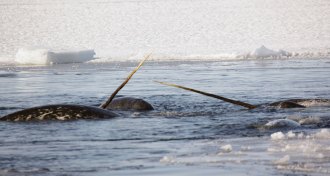 Animals
AnimalsNarwhals react to certain dangers in a really strange way
After escaping a net, narwhals significantly lower their heart rate while diving quickly to get away from humans.
-
 Science & Society
Science & SocietyWould you opt to see the future or decipher the past?
Acting Editor in Chief Elizabeth Quill wonders what it would be like if scientists could see into the past and the future.
-
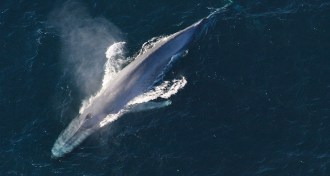 Animals
AnimalsMost blue whales are ‘righties,’ except for this one move
Though many blue whales tend to be “right-handed” when hunting for krill, one specific barrel roll move requires a lefty twist.
-
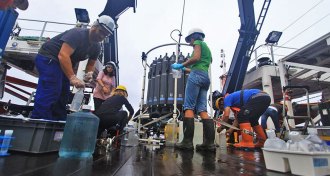 Oceans
OceansIn the deep ocean, these bacteria play a key role in trapping carbon
Mysterious nitrite-oxidizing bacteria capture more carbon than previously thought and may be the primary engine at the base of the deep ocean’s food web.
-
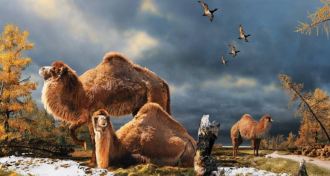 Earth
EarthWhat the Pliocene epoch can teach us about future warming on Earth
By simulating the changes that occurred during the warm Pliocene epoch, researchers are trying to predict Earth’s future hundreds of years from now.
-
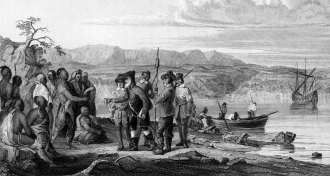 Climate
ClimateClimate foiled Europeans’ early exploration of North America
The book ‘A Cold Welcome’ examines how the Little Ice Age and other climatic and geographic factors shaped colonial history.
By Diana Steele -
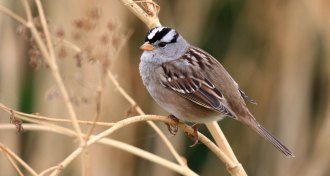 Animals
AnimalsSeeds coated in a common pesticide might affect birds’ migration
Eating small amounts of a neonicotinoid pesticide can disorient white-crowned sparrows.
-
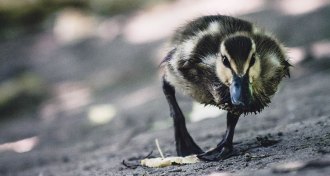 Animals
AnimalsEven a tiny oil spill spells bad news for birds
Just a small amount of crude can make birds less active.
-
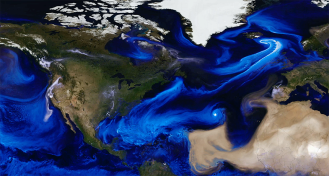 Earth
EarthWatch NASA’s mesmerizing new visualization of the 2017 hurricane season
Swirls of sand, sea salt and smoke make atmospheric currents visible in a new NASA visualization.
-
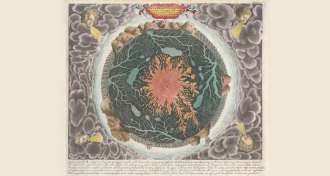 Science & Society
Science & SocietyA new map exhibit documents evolving views of Earth’s interior
"Beneath Our Feet" puts maps on display to show how people have envisioned and explored Earth’s subsurface.
-
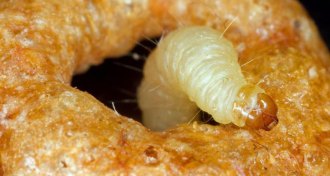 Animals
AnimalsThe key to breaking down plastic may be in caterpillars’ guts
Caterpillars that feast on plastic have different gut microbes than those that eat a grain-based diet.
-
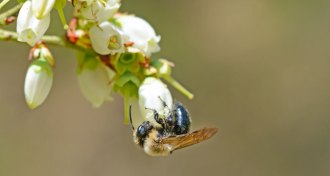 Animals
AnimalsHoneybees fumble their way to blueberry pollination
Blueberry flowers drive honeybees to grappling, even stomping a leg or two down a bloom throat, to reach pollen.
By Susan Milius